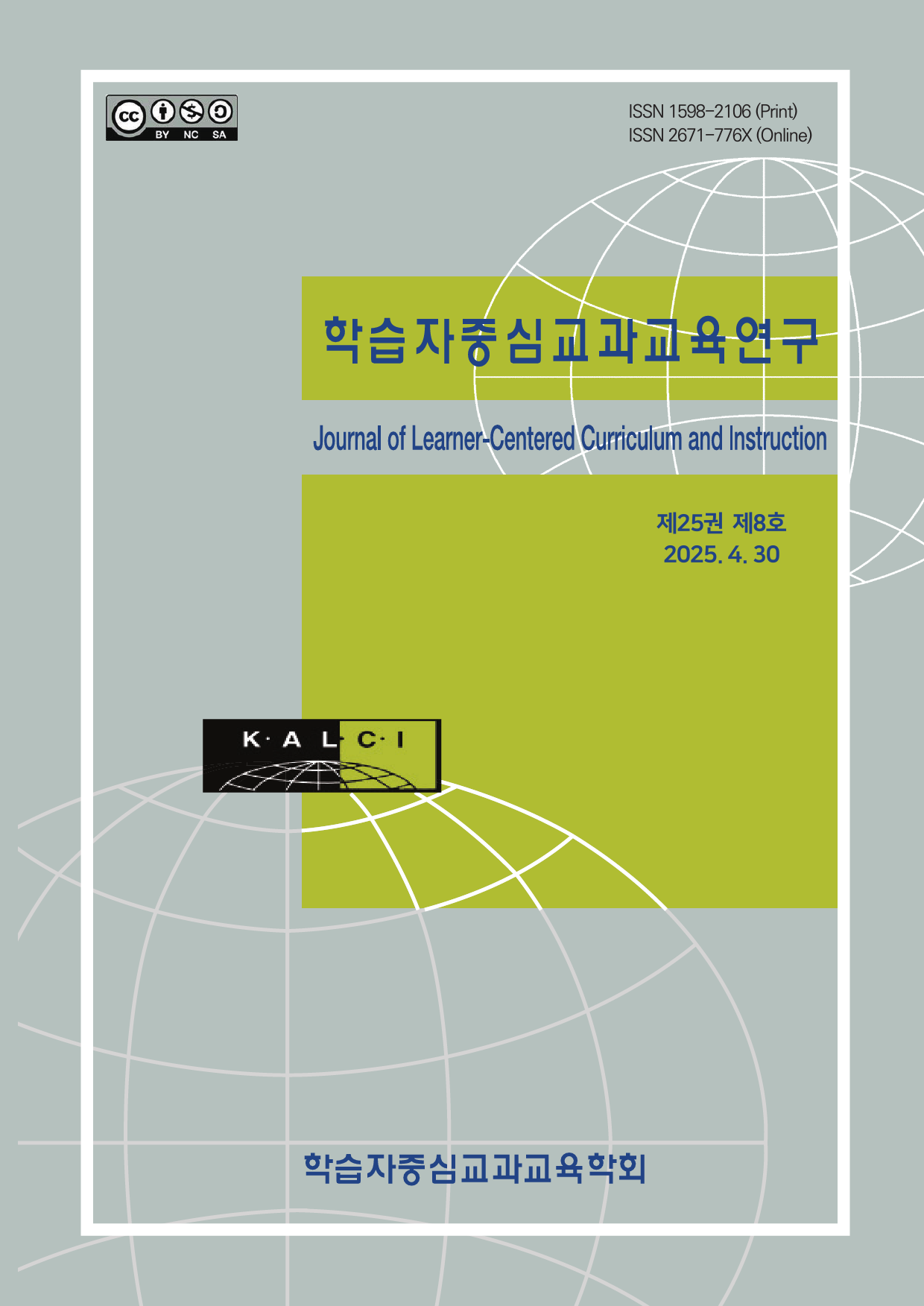Objectives The purpose of this study is to investigate the effects of parenting attitudes on academic burnout of children learning piano and to verify the mediating effects of academic procrastination and basic psychological needs between these variables, considering both behavioral and psychological aspects.
Methods In order to achieve this purpose, this study established a research model and hypothesis through a review of related previous studies. In addition, to verify the research hypothesis, this study selected 622 children aged 10 to 12 years old who are learning piano at three art education institutions in G city, China, and conducted a survey. Using the collected data, this study conducted descriptive statistical analysis, measurement model analysis, and structural equation model analysis.
Results Through data analysis, this study obtained the following results. First, it was found that parental attitudes, academic procrastination, and basic psychological needs all had a significant effect on academic burnout. Specifically, parenting attitudes and basic psychological needs negatively influenced academic burnout, whereas academic procrastination had a positive effect. Second, academic procrastination mediated the relationship between parenting attitudes and academic burnout, indicating that parenting attitudes can impact academic burnout in children learning piano through this mediating pathway. Third, basic psychological needs also served as a mediator in the relationship between parenting attitudes and academic burnout, suggesting that parenting attitudes can mitigate academic burnout by fulfilling children's basic psychological needs.
Conclusions This study confirmed both the direct and indirect effects of parenting attitudes on academic burnout of children learning piano by exploring the mediating roles of academic procrastination and basic psychological needs. Through this, this study sought to provide basic data in establishing practical strategies to effectively support children's piano learning and in deriving future related research topics.



